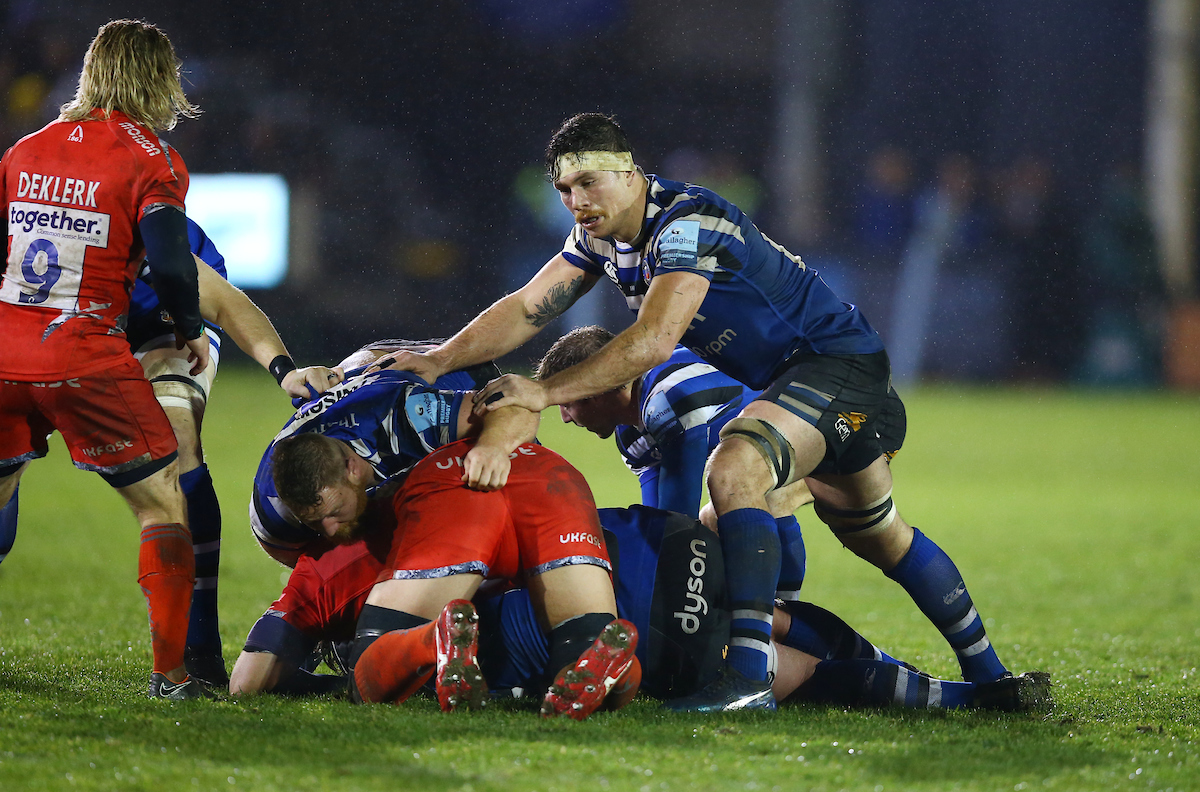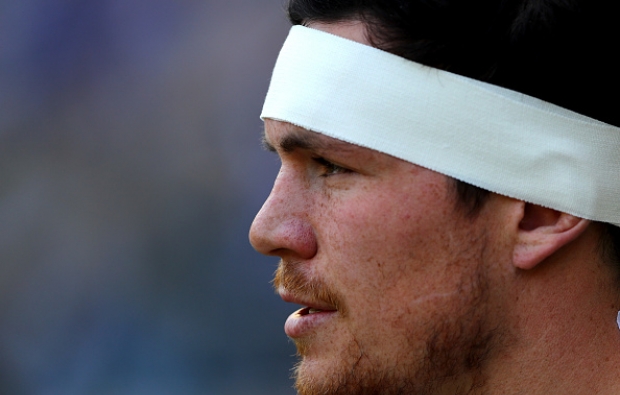World Cup-winner Francois Louw chats to JON CARDINELLI about his plans for the future after confirming that he will retire from all rugby at the end of the European season.
JC: You developed a reputation within the Bok team as the go-to guy in terms of financial advice and management. Will you be taking that further after your retirement?
FL: I recently qualified as a financial adviser. I want to help young athletes manage their affairs while they are still competing. A lot of them don’t get sound financial advice and don’t plan for life after sport. How long will you be at the top of the game? 10 years? Five? Have you thought about what comes next? The guys who are 23 or 24 won’t want to talk about it, because they are living the bachelor lifestyle. But five years down the line, they may have a family to think about.
JC: Do you feel that your stint as a professional rugby player – and perhaps your own mistakes – has prepared you for the new role?
FL: I’ve made bad decisions. No one told me how to manage my finances. I wish that I had someone with my experience guiding me as a younger player. I signed my first pro contract with WP at the age of 21, and I thought I was the king of the world. I had no idea in terms of managing my money, though. Hopefully that is something I can help people with in future.
EXCLUSIVE Q&A: Flo to bow out on own terms
JC: You’ve built a good life for yourself and your family in Bath. When you left Cape Town in 2010, did you ever think that your time with the English club would span a decade and that you’d go on to represent the Boks at three World Cup tournaments?
FL: Sjoe, I remember being quite nervous about the decision back then. It was a tough one for a 25-year-old kid to make. I’d just played for the Stormers in the 2010 Super Rugby final. Bath gave me the chance to come over to England and experience something different. Some people said the move was about money. It was never about that, though. I wanted to broaden my horizons. Looking back, I’m grateful for the chances I’ve had to travel and experience new cultures in Europe. I believe that exposing myself to different teams in different countries aided my development as a rugby player.

JC: About seven years prior to that, you were omitted from the Western Province Craven Week team. Do you ever reflect on that time in your life, and how things may have panned out if you’d taken that rejection to heart and pursued a different career?
FL: As a South African, you grow up with the dream of playing professional rugby. You have that drive to be part of the culture from a young age. All I ever wanted was to play for Western Province. The dream of playing for the Stormers, let alone Bath and the Boks, always seemed a bit far-fetched. There were some tough times during my junior career. I didn’t make it into the WP Craven Week team. It was only in my second year at Stellenbosch University that I got the opportunity to play for the WP U21s. Then things started to happen for me. I got my chance at the Stormers [in 2008], and then at the Boks [in 2010].
JC: What’s the best thing about leaving professional rugby behind?
FL: I haven’t had a weekend off in 15 years. I told my daughter Lucy (six) about my decision to retire the other day. She asked what that meant. Would I be spending more time with the family on the weekends? I said yes. Her whole face lit up. That put everything into perspective for me. 2019 was especially difficult in that I saw my family twice over a period of 20 weeks. My wife Sarah flew over to be with me in Japan, but the kids stayed in the UK. After we won the World Cup, I flew back to Bath to see them for a couple of days. From there, I had to fly down to South Africa for the trophy tour. It’s a massive experience to win the World Cup, but it does come at a cost.
JC: How much rugby do you plan to watch after you hang up your boots?
FL: I’m looking forward to watching games as a fan and shouting at the referee [laughs]. I know there will come a point, perhaps one or two years down the line, where I will wonder whether I gave up too soon. I suppose that’s natural. You never really want to give it up, but it doesn’t last forever.





